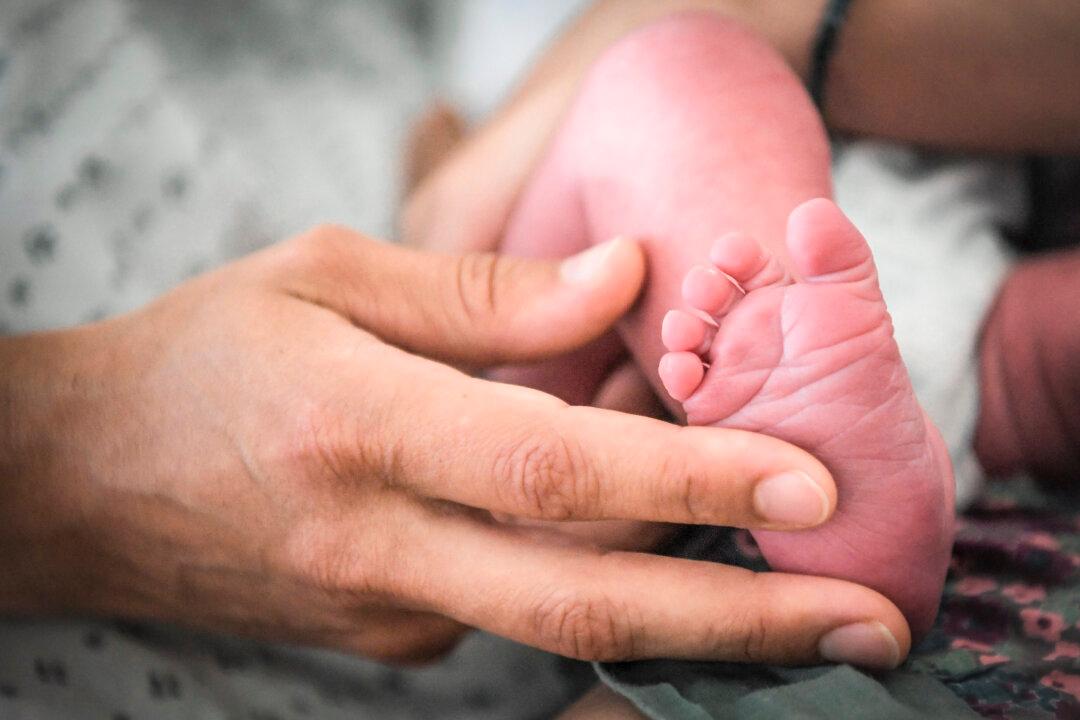Pregnant women living in certain Philadelphia neighborhoods can soon get $1,000 a month in guaranteed income during pregnancy, with the financial support continuing until the baby is one year old.
The “Philly Joy Bank” is a pilot program through the Philadelphia Department of Public Health, targeting neighborhoods with the highest infant mortality in the first year of life. The program will start accepting applications on June 24.





